In Nigeria, as in many other countries, violence can take many forms and penetrate many aspects of life. From political violence, such as election rigging and the illegal cancellation of election results, to economic violence, such as smuggling and the trade in hard drugs, to social violence, such as murder and rape, violence has become a pervasive and insidious problem in the country.
One of the most significant forms of violence in Nigeria is political violence, which is often perpetuated by individuals or groups seeking to maintain or gain power. During elections, for example, candidates and their supporters may engage in violent acts to intimidate voters, disrupt voting processes, and manipulate election results. This has led to widespread disillusionment and mistrust in the political system, and has contributed to ongoing instability and conflict.
Political violence has been a persistent problem for many years, with instances of violence being reported before, during, and after elections. During the election process, political parties and their supporters often resort to violence as a means of gaining an advantage over their rivals. This violence can take many forms, including physical assaults, intimidation, and harassment. In some cases, political candidates have been known to use militias and other armed groups to attack their opponents and disrupt the electoral process.
One example of political violence in Nigeria is the 2007 elections in which violence was reported in several states, including Plateau, Rivers, and Lagos. The violence was largely driven by ethnic and religious tensions, with supporters of different political parties engaging in violent clashes. As a result of the violence, many people were killed, and many more were displaced from their homes. In some areas, polling stations were vandalized, and ballots were destroyed, making it difficult for the election results to be accurately recorded.
Another example of political violence in Nigeria is the 2011 elections, in which violence erupted in several states, including Kaduna, Plateau, and Rivers. The violence was largely driven by allegations of election rigging, and it led to widespread public unrest and civil unrest. In the aftermath of the election, there were reports of extra-judicial killings and human rights abuses, which further exacerbated the situation.
Economic violence is another major form of violence in Nigeria, with organized crime and illicit trade in drugs, human trafficking, and other illegal activities fueling violence and instability. This not only undermines the rule of law and the functioning of the state, but also has a devastating impact on the lives of ordinary Nigerians. For example, the proliferation of hard drugs has led to increased crime, addiction, and other social problems, while the trade in human trafficking has perpetuated exploitation and abuse.
Economic violence in Nigeria is a major challenge that has far-reaching consequences for the country’s stability and development. Illicit trade in drugs, human trafficking, and other illegal activities have become common practices in Nigeria, perpetuating violence and instability. These activities are often organized by criminal networks that operate across borders, exploiting the weak law enforcement and governance structures in the country.
The drug trade in Nigeria is particularly problematic, as it has led to increased crime, addiction, and other social problems. For example, the use of hard drugs has increased dramatically in recent years, with young people and other vulnerable groups being particularly at risk. This has put a strain on the health system, as well as social services, and has resulted in increased levels of crime, as drug addicts resort to theft and other forms of criminal activity to support their habits.
The trade in human trafficking is another example of economic violence in Nigeria. This trade perpetuates exploitation and abuse, with women and children being the most vulnerable to trafficking for sexual exploitation and forced labor. The victims are often lured into trafficking by false promises of employment, education, or marriage, and then subjected to harsh and inhumane conditions, including physical and sexual abuse, forced labor, and exploitation.
The economic violence in Nigeria is perpetuated by a combination of factors, including weak governance structures, corruption, poverty, and inequality. This has resulted in a situation where organized crime and illegal activities are able to thrive, perpetuating violence and instability. To address these challenges, it is important for the Nigerian government and other stakeholders to take a comprehensive and integrated approach to addressing economic violence. This should include efforts to improve governance structures, combat corruption, and address poverty and inequality through targeted social programs and economic reforms.
Social violence, such as murder and rape, is also prevalent in Nigeria, and often goes unpunished. This can create a vicious cycle of violence and insecurity, as people live in fear and are reluctant to report incidents or seek help from the authorities. The government’s inability or unwillingness to address these issues effectively has contributed to the persistence of violence, and has eroded public trust in the state.
Social violence, in the form of murder and rape, is a serious issue in Nigeria. Despite being illegal, these crimes often go unpunished, leaving victims without justice and perpetuating a cycle of violence. In many cases, the government’s failure to address these issues effectively and bring perpetrators to justice has contributed to the persistence of violence and eroded public trust in the state.
For instance, cases of rape and sexual assault are alarmingly high in Nigeria, yet the country has one of the lowest conviction rates for sexual offenses. Many victims are reluctant to report incidents due to stigma and a lack of confidence in the justice system, leaving perpetrators free to continue their crimes. In addition, the lack of adequate support services for victims of sexual violence also contributes to the cycle of violence.
Similarly, murder and other forms of physical violence are also common in Nigeria. This can take many forms, such as domestic violence, tribal or sectarian violence, or politically motivated violence. The government’s inability to bring perpetrators to justice, and the widespread availability of weapons, further fuels this trend.
The consequences of social violence in Nigeria are far-reaching and damaging. The fear and insecurity generated by violent crime can tear communities apart, disrupt economic activities, and undermine the stability and security of the state. To break this cycle, it is essential for the government to take a more proactive and effective approach to addressing social violence, including improving the criminal justice system, strengthening the rule of law, and providing support and protection for victims.
In addition to these forms of violence, religious and cultural violence has also become a major concern in Nigeria, with ongoing conflicts between different religious and ethnic groups contributing to ongoing instability and violence. Tensions between Christians and Muslims, for example, have led to sectarian violence, while cultural differences have contributed to clashes between different ethnic groups.
Religious and cultural violence has been a significant issue in Nigeria for many years. The country is home to a diverse array of religious and ethnic groups, with Christianity and Islam being the two largest. Unfortunately, tensions between these groups have led to sectarian violence, with acts of violence being carried out in the name of religion. This has contributed to an atmosphere of fear and mistrust, and has fueled further violence and instability.
One notable example of religious violence in Nigeria is the conflict between Christians and Muslims in the northern region of the country. Tensions between these two groups have been exacerbated by political and economic factors, leading to acts of violence such as targeted killings, bombings, and other forms of terrorism. In addition, cultural differences between ethnic groups have also contributed to conflict, with clashes between farmers and herdsmen, for example, resulting in the loss of life and property.
Another example of religious and cultural violence in Nigeria is the ongoing conflict in the Middle Belt region, where tensions between Christian and Muslim communities have led to a cycle of violence and retaliation. This has resulted in the displacement of large numbers of people, and has contributed to ongoing instability and insecurity in the region.
To address the problem of violence in Nigeria, it is essential that the government and civil society work together to address its root causes. This may involve improving governance and addressing corruption, strengthening the rule of law, and promoting inter-religious and inter-ethnic understanding and tolerance. Additionally, it may require investing in education and social programs to promote stability and reduce poverty, as well as providing support to victims of violence and their families.
Ultimately, if Nigeria is to overcome the challenges of violence and instability, it is essential that its citizens work together to promote peace and security, and to build a more inclusive and just society. Whether through activism, education, or other means, it is the responsibility of each individual to contribute to this effort and to help build a brighter future for Nigeria and its people.

![]()


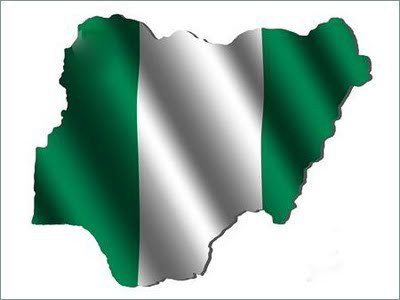
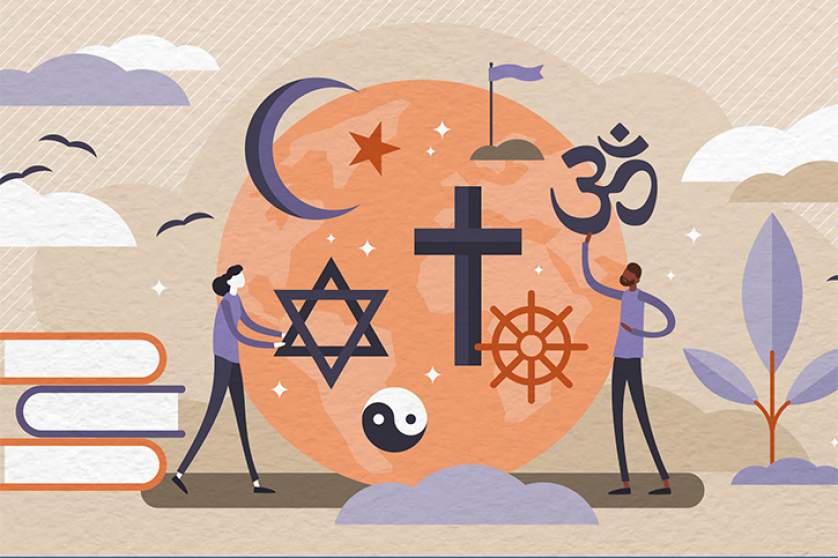


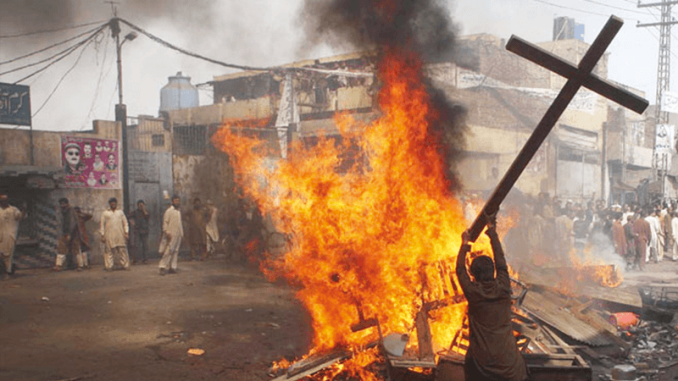
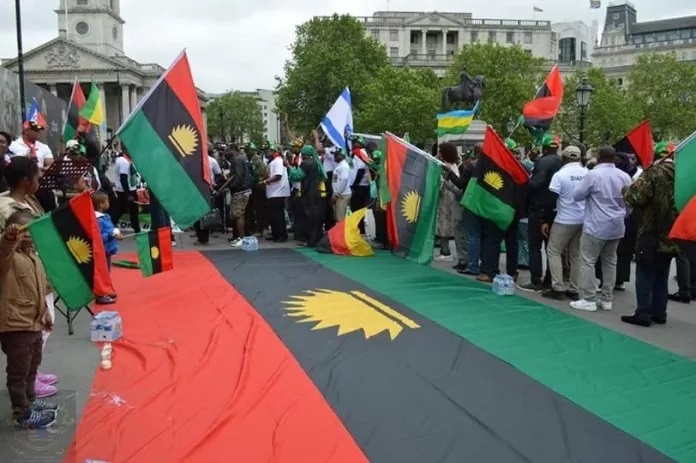

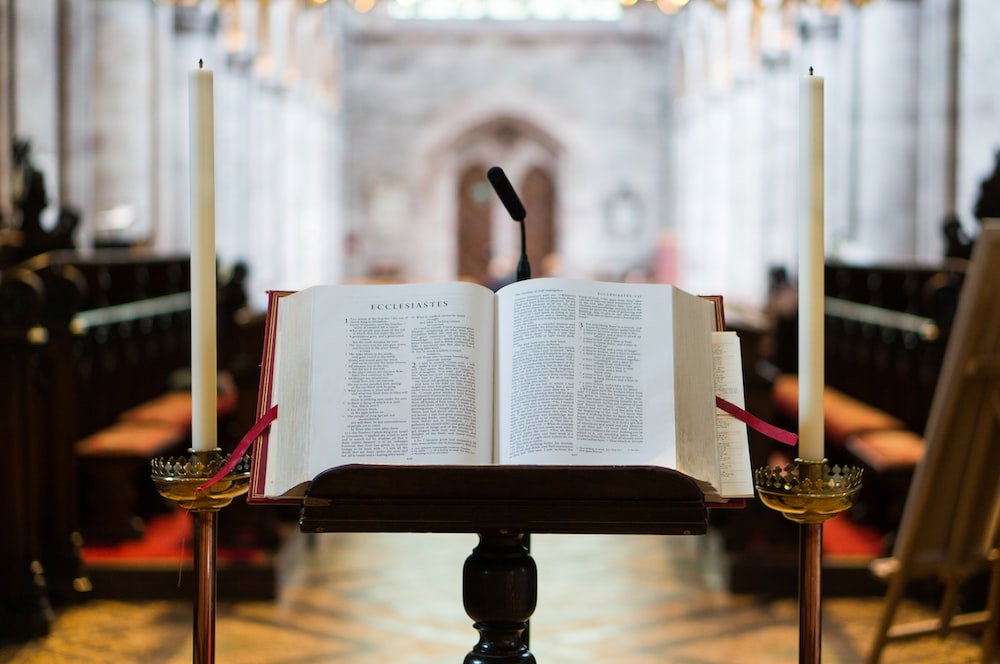
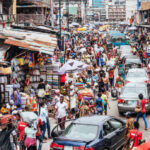

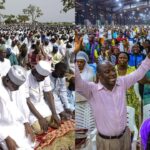

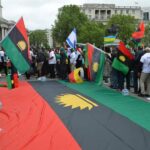
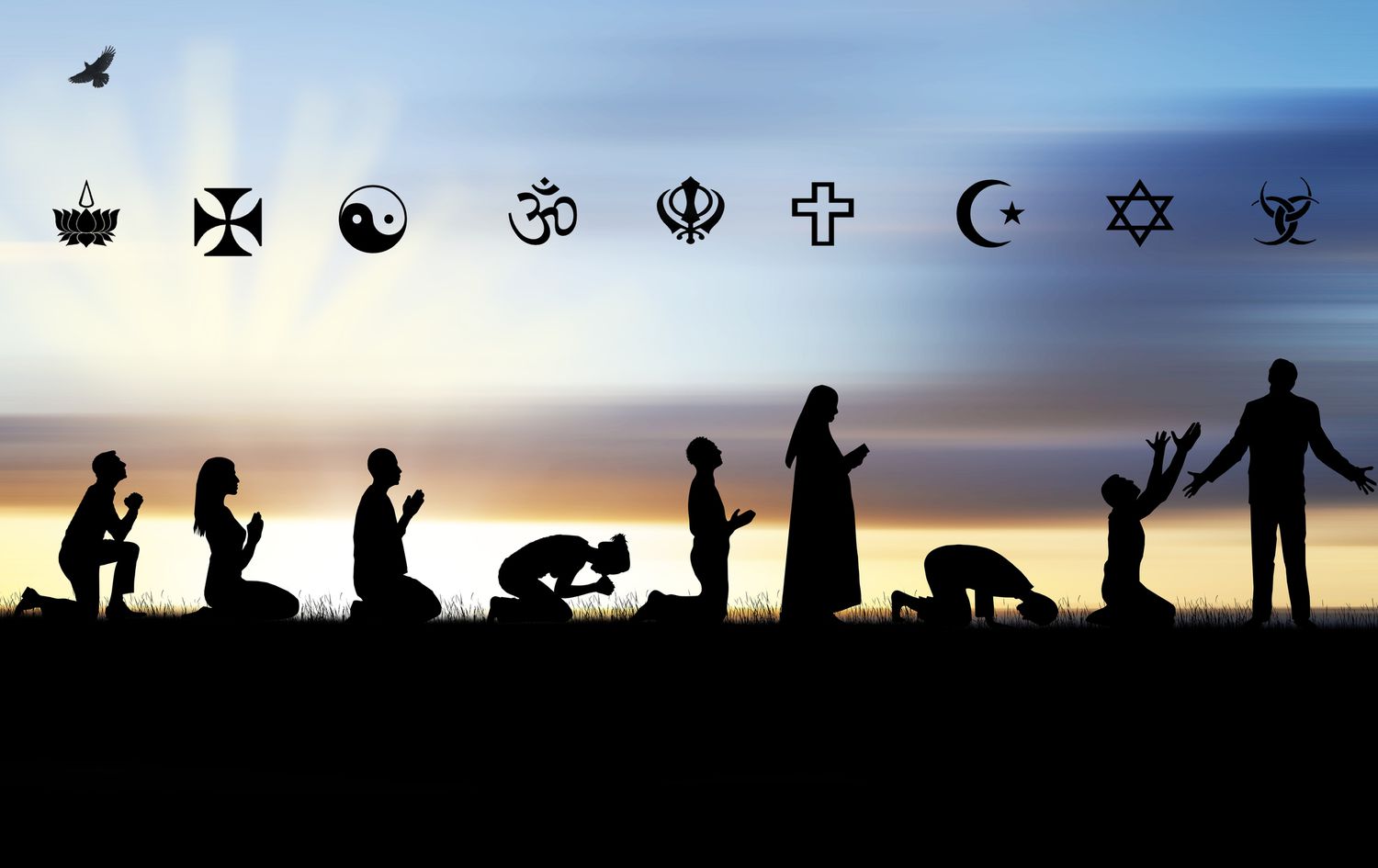



GIPHY App Key not set. Please check settings